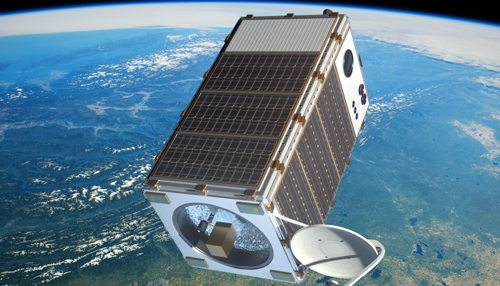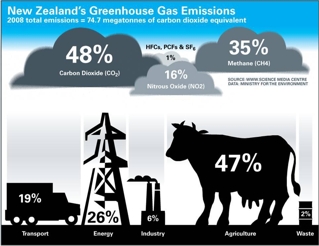New Zealand’s first official space mission announces ‘mission control’
New Zealand’s first government funded space mission has taken a ‘giant leap’ with Auckland University’s Te Pūnaha Ātea-Auckland Space Institute announced as the permanent host of the New Zealand based mission control centre for a global methane tracking satellite.
“MethaneSAT is a really exciting opportunity to showcase New Zealand’s science and research expertise on the world stage, while making a significant contribution to climate change by mapping agricultural emissions of greenhouse gases. It’s great to see Auckland University, with the help of Rocket Lab, playing such a key role” says Research, Science and Innovation Minister Megan Woods. Continue Reading →
Views: 730







